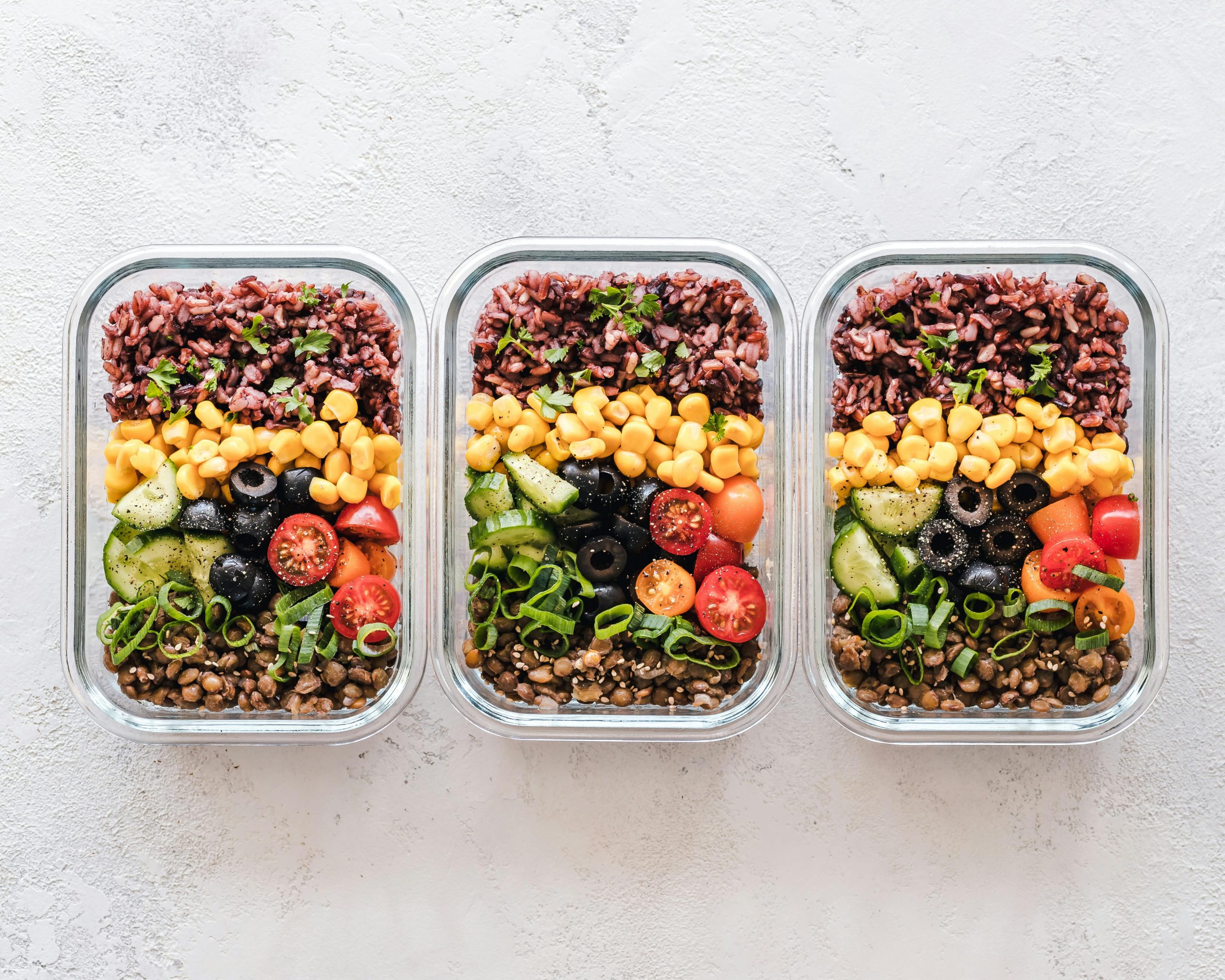Eating well is the foundation of good health, but with so much conflicting nutrition advice out there, it can be challenging to know where to start. A balanced meal plan ensures you get the right mix of nutrients to fuel your body, support energy levels, and prevent chronic diseases. Whether you’re looking to lose weight, gain muscle, or simply maintain a healthier lifestyle, crafting a well-rounded meal plan is key. Here’s how you can create one that works for you.
Understand the Basics of a Balanced Diet
A balanced diet includes a variety of foods from all major food groups in the right proportions. The goal is to provide your body with essential macronutrients (carbohydrates, proteins, and fats) and micronutrients (vitamins and minerals) it needs to function optimally.
Key Components of a Balanced Meal
- Proteins: Essential for muscle repair and immune function. Include lean meats, fish, eggs, beans, and tofu.
- Carbohydrates: The body’s primary energy source. Opt for whole grains, fruits, and vegetables over refined sugars.
- Fats: Necessary for brain health and hormone production. Focus on healthy fats like avocados, nuts, seeds, and olive oil.
- Fiber: Supports digestion and keeps you full longer. Found in whole grains, legumes, fruits, and vegetables.
- Vitamins and Minerals: Crucial for immune function and overall well-being. Eat a colorful variety of fruits and vegetables to cover your bases.
Plan Your Meals Around Your Goals
Your meal plan should align with your personal health goals, whether that’s weight loss, muscle gain, or maintaining energy levels throughout the day.
For Weight Loss
- Focus on portion control and nutrient-dense, low-calorie foods.
- Incorporate lean proteins and fiber to keep you full longer.
- Limit processed foods and added sugars.
For Muscle Gain
- Increase protein intake to support muscle recovery and growth.
- Include complex carbohydrates for sustained energy during workouts.
- Don’t neglect healthy fats—they’re vital for hormone production.
For General Health Maintenance
- Aim for variety to ensure you get all necessary nutrients.
- Balance macronutrients in each meal—protein, carbs, and fats.
- Stay hydrated and limit excessive caffeine or alcohol.
Incorporate Variety and Flexibility
Eating the same foods every day can lead to nutrient deficiencies and boredom. A flexible meal plan allows you to enjoy different foods while staying on track.
Tips for Adding Variety
- Rotate protein sources—try fish one day, chicken the next, and plant-based options like lentils or quinoa.
- Experiment with seasonal fruits and vegetables to keep meals fresh and exciting.
- Use herbs and spices instead of salt to enhance flavor without extra calories.
Meal Prep Strategies
- Batch cook grains and proteins to save time during the week.
- Prepare chopped vegetables for quick snacks or stir-fries.
- Store meals in portioned containers to avoid overeating.
Listen to Your Body’s Signals
No single meal plan works for everyone. Pay attention to how different foods make you feel and adjust accordingly.
Signs You Need to Adjust Your Plan
- Constant hunger may mean you need more protein or fiber.
- Low energy could indicate insufficient carbohydrates or calories.
- Digestive discomfort might signal food intolerances or excessive processed foods.
Practice Mindful Eating
- Eat slowly and savor each bite to improve digestion and satisfaction.
- Avoid distractions like TV or phones during meals.
- Stop eating when you feel comfortably full, not stuffed.
Conclusion
Creating a balanced meal plan doesn’t have to be complicated. By understanding the basics of nutrition, aligning your meals with your goals, incorporating variety, and listening to your body, you can build a sustainable eating routine that boosts your health. Start small, make gradual changes, and remember—consistency is more important than perfection. With time, a balanced meal plan will become second nature, helping you feel your best every day.
